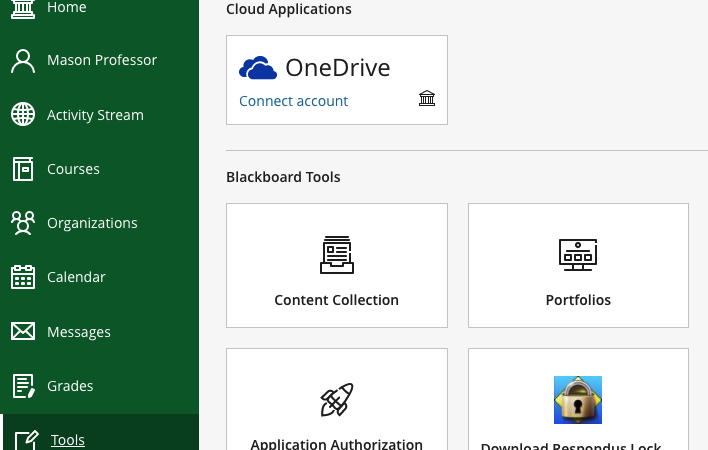USD to Baht
The exchange rate between the United States Dollar (USD) and the Thai Baht (THB) is a critical aspect of international finance, impacting trade, investment, and the overall economic dynamics of both nations. This article explores the factors influencing the USD to Baht exchange rate, recent trends, and the implications for businesses, travelers, and investors.
Table of Contents
ToggleUnderstanding Exchange Rates:
Exchange rates represent the relative value of one currency compared to another. They are influenced by various factors, including economic indicators, geopolitical events, and market sentiment. In the case of USD to Baht, understanding the dynamics of both the U.S. and Thai economies is essential.
Economic Factors:
- Interest Rates: Central banks play a pivotal role in influencing exchange rates through monetary policy. Higher interest rates in the U.S. can attract foreign capital, increasing demand for the USD and subsequently appreciating its value against the Baht.
- Inflation Rates: Divergent inflation rates between the U.S. and Thailand can impact the exchange rate. Lower inflation in the U.S. relative to Thailand may lead to an appreciation of the USD against the Baht.
- Economic Indicators: Economic data, such as GDP growth, employment rates, and manufacturing output, can affect investor confidence and influence currency values. Strong economic performance in the U.S. may attract foreign investment, bolstering the USD.
Geopolitical Factors:
- Trade Relations: Trade tensions or agreements between the U.S. and Thailand can impact their respective currencies. Tariffs, trade deficits, and diplomatic relations can influence investor sentiment and affect the USD to Baht exchange rate.
- Political Stability: Political stability is crucial for a nation’s economic health. Political uncertainty in either the U.S. or Thailand can lead to currency fluctuations as investors seek safe-haven currencies.
Market Sentiment:
- Speculation: Traders and investors often engage in speculative activities based on their perceptions of future currency movements. Speculative actions can lead to short-term fluctuations in the USD to Baht exchange rate.
Recent Trends:
The USD to Baht exchange rate has experienced fluctuations in recent years, influenced by a myriad of global events and economic conditions. Here are some key trends:
- COVID-19 Pandemic: The global economic downturn caused by the COVID-19 pandemic significantly impacted currency markets. The USD initially strengthened as a safe-haven currency, but as markets stabilized, it faced downward pressure.
- U.S. Monetary Policy: The Federal Reserve’s monetary policy decisions, including interest rate changes and quantitative easing, have influenced the USD to Baht exchange rate. Shifts in policy can lead to currency volatility.
- Trade Relations: Trade tensions between the U.S. and various nations, including China, have had spillover effects on the USD to Baht exchange rate. Trade-related uncertainties can create market volatility.
Implications for Businesses:
- Exporters and Importers: Fluctuations in the exchange rate can impact the cost of imported goods and the competitiveness of exports. Businesses engaged in international trade need to monitor currency movements to make informed decisions.
- Multinational Corporations: Companies with operations in both the U.S. and Thailand may face currency risk. Hedging strategies can be employed to mitigate the impact of exchange rate fluctuations on financial performance.
Implications for Travelers:
- Tourists: Travelers between the U.S. and Thailand need to consider the exchange rate when budgeting for their trips. Currency fluctuations can affect the purchasing power of their funds in the destination country.
- Expatriates: Individuals living or working abroad may experience changes in the value of their income and savings due to exchange rate movements. Planning and financial management become crucial for expatriates.
Implications for Investors:
- Portfolio Diversification: Investors holding assets in both U.S. and Thai markets should consider the impact of exchange rate movements on their portfolios. Diversification strategies can help manage currency risk.
- Emerging Market Opportunities: The USD to Baht exchange rate can create opportunities for investors interested in the Thai market. Understanding the macroeconomic factors influencing the Baht’s value is essential for making informed investment decisions.
Conclusion:
The USD to Baht exchange rate is influenced by a complex interplay of economic, geopolitical, and market factors. Businesses, travelers, and investors must stay informed about these factors to navigate the dynamic nature of currency markets. As the global economic landscape evolves, understanding the implications of USD to Baht exchange rate fluctuations becomes increasingly vital for making strategic decisions in an interconnected world.






